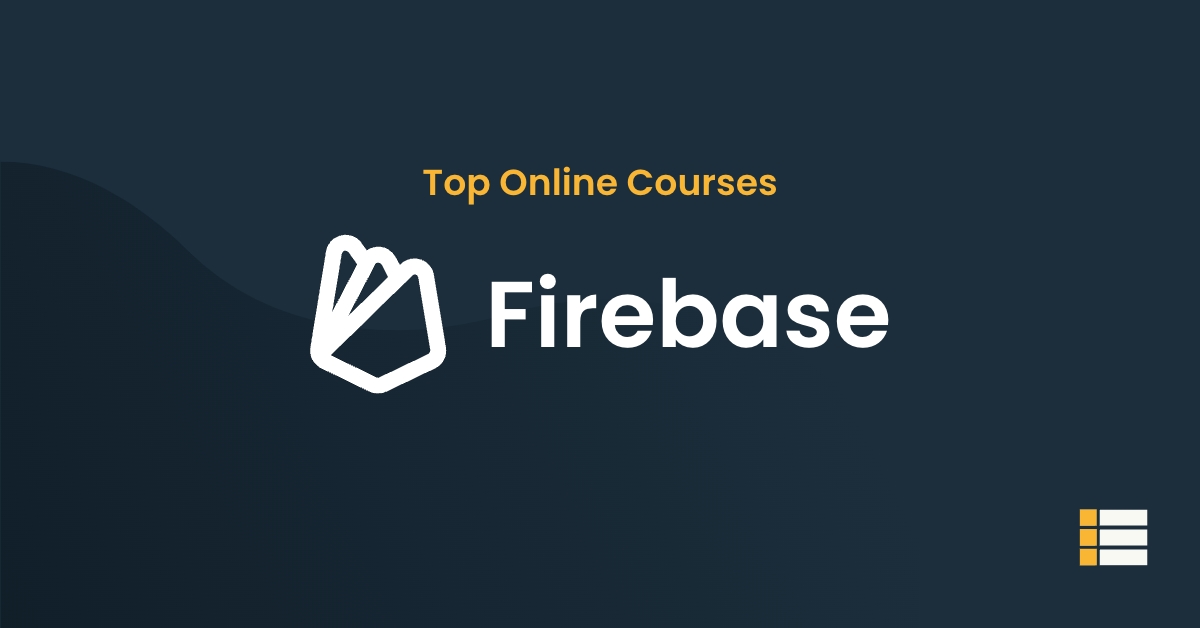Knowing how to use the powerful Eclipse IDE can be a major asset to any developer.
It’s an incredibly popular tool among developers, allowing them to write and debug code with ease.
Let’s see why it’s important to learn how to use Eclipse IDE, and the features that make it so popular.
Table of Contents
Learning Eclipse IDE Online: A Student’s Guide
Benefits of Using Eclipse IDE
Eclipse IDE is an open-source Integrated Development Environment (IDE) that was developed by the Eclipse Foundation.
It is widely used by developers to write, debug, and build software applications. Eclipse IDE offers many benefits over other IDEs, including a comprehensive set of tools, an extensive plugin ecosystem, and a strong community of support.
Tools
One of the primary benefits of using Eclipse IDE is the comprehensive set of tools that it provides. Eclipse IDE offers a range of tools for different programming languages and platforms, such as Java, C/C++, PHP, JavaScript, and more.
It also provides an extensive range of debugging tools, such as source code analysis, breakpoint management, memory monitoring, code coverage, and more.
With these tools, developers can quickly identify and troubleshoot errors in their code.
Plugin Ecosystem
Eclipse IDE also has an extensive plugin ecosystem. This allows developers to extend the functionality of the IDE with additional features and tools.
There are over 1000 plugins available for Eclipse IDE, ranging from testing and debugging tools to GUI design editors and database integration.
This makes it easy to customize the IDE according to individual needs and preferences.
Community Support
Another great benefit of using Eclipse IDE is the strong community of support that it enjoys. There are a number of online forums and resources dedicated to Eclipse, where developers can ask questions, share tips and tricks, and get help with any problems they may encounter.
Additionally, the Eclipse Foundation also provides official documentation and tutorials, as well as support services.
With its comprehensive set of tools, extensive plugin ecosystem, and strong community of support, Eclipse IDE is an ideal choice for building software applications.
Eclipse IDE Resources
In addition to the official Eclipse website, there are a number of great resources available to help you learn the ins and outs of Eclipse IDE. Here are some of the best places to start your Eclipse IDE learning journey:
- Eclipse Tutorials: Eclipse has a number of useful tutorials available on its website. These tutorials cover a wide range of topics, from basic installation and configuration, to creating and running applications.
- Eclipse Wiki: Eclipsepedia, The Eclipse Wiki is an invaluable resource for learning more about the various components of Eclipse IDE. It contains detailed information on how to install, configure, and use the various components.
- Eclipse Forums: The Eclipse Forums are a great place to ask questions and get help from experienced Eclipse users. It’s also a great way to keep up to date with the latest news and developments in the Eclipse community.
- Eclipse Books: There are a number of great books available that cover Eclipse IDE in-depth. The books can help you to get up to speed quickly, and gain the skills necessary to become an expert Eclipse developer.
- Eclipse Plugins: There are a number of Eclipse plugins available that can help you to extend the features of Eclipse IDE. These plugins are a great way to get the most out of Eclipse IDE and to add extra features and functionality.
By taking advantage of these resources and taking the time to properly learn Eclipse IDE, you can quickly become a proficient programmer.
Other resources:
- Eclipse Training Series | The Eclipse Foundation
- Java & Eclipse overview lesson – Coursera
- Learn Eclipse in 1Hour – Amit Thinks on Youtube
- How to Get Started With Eclipse IDE? – Simplilearn
Frequently Asked Questions
Is Eclipse IDE good for beginners?
Yes, Eclipse IDE is a great option for beginners. It is free, open source and highly customizable, with a wide range of features and plugins that can be added to customize its functionality. It is also designed to be intuitive and user-friendly, making it a great choice for those just starting out. With an active community and plenty of online resources and tutorials, Eclipse IDE is an excellent way for beginners to get started with development.
Is the Eclipse IDE free?
Yes, the Eclipse IDE is free and open source software released under the Eclipse Public License. Additionally, the Eclipse Foundation provides additional tools and services related to Eclipse IDE usage, such as the Eclipse Marketplace and Eclipse Marketplace Client, that are also free.
How do I practice Java in Eclipse?
Practicing Java in Eclipse can be done by creating a new Java project, writing and running Java code, and working with classes and packages. To start, open Eclipse and create a new project by clicking File > New > Java Project. Once the project is created, create a new class by right-clicking the project in the Package Explorer and selecting New > Class. In the new class, write some Java code and use the Run command to launch it. Finally, explore the Java project and practice working with classes, packages, and other features of the Eclipse IDE.
What can I do with Eclipse IDE?
Eclipse IDE is a powerful open source development platform used to write, develop, compile and debug software applications. It is primarily used for Java applications but can also be used for other programming languages such as C, C++, JavaScript, and HTML. With Eclipse, you can create software development projects, run and debug applications, manage the software lifecycle, integrate with version control systems, and access a vast array of free and commercial plugins to extend your development environment. You can also use the Eclipse Marketplace Client to easily find and install new features on your IDE.
Is the Eclipse IDE free?
Yes, the Eclipse IDE is free and open source. The Eclipse Foundation, a non-profit corporation, provides the open source software and the various project teams that develop related projects. The source code is made available to the public under the Eclipse Public License and other open source licenses.
Is Eclipse a good IDE?
Yes, Eclipse is a very popular and excellent IDE. It provides a wide range of tools and features that make it easy to develop and debug any type of program. The platform is highly customizable, with a wide range of plugins and extensions available. Additionally, it's been designed to make the most of modern programming paradigms and it has a powerful code editor. For all these reasons, Eclipse is an excellent choice for developers of all skill levels.
Is Eclipse IDE for Java?
Yes, Eclipse IDE is specifically designed for development in Java and is also a great tool for developing applications in other programming languages such as C, C++, Python, PHP, etc. It's a powerful, open-source, multi-language IDE that has a wide range of features and plugins to help developers easily create, debug, and deploy applications. Eclipse is a popular choice for Java developers due to its support for all the major Java technologies, including Java EE, JSP, and servlets.
Conclusion
Online courses offer a structured approach to mastering Eclipse and its many features and tools.
With the help of online tutorials, users can quickly become productive with Eclipse, allowing them to use it for their own development needs.


 Online course by
Infinite Skills
Online course by
Infinite Skills

 Online course by
Programming Tut
Online course by
Programming Tut

 Online course by
Programming Tut
Online course by
Programming Tut

 Online course by
Chad Darby
Online course by
Chad Darby

 Online course by
in28Minutes Official
Online course by
in28Minutes Official



